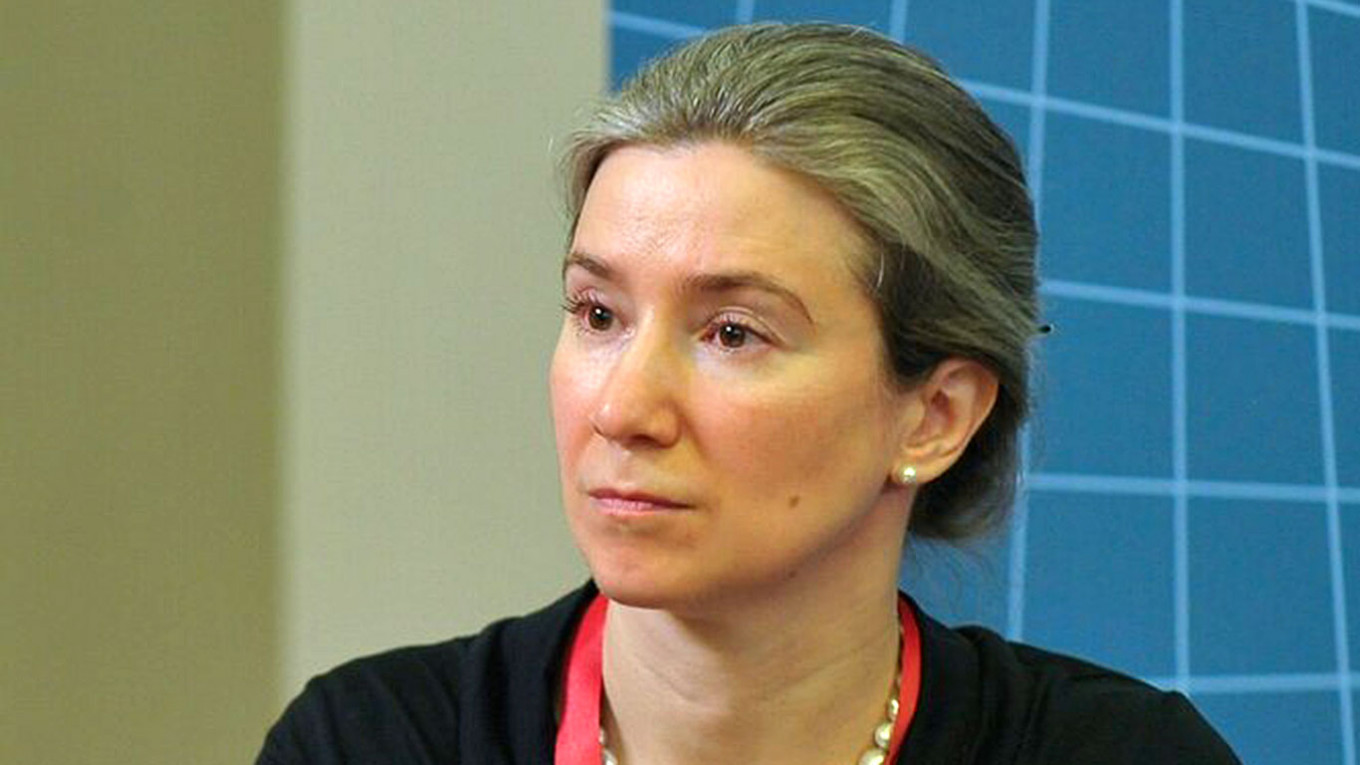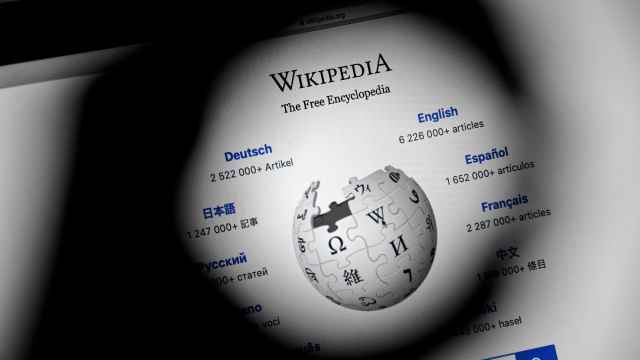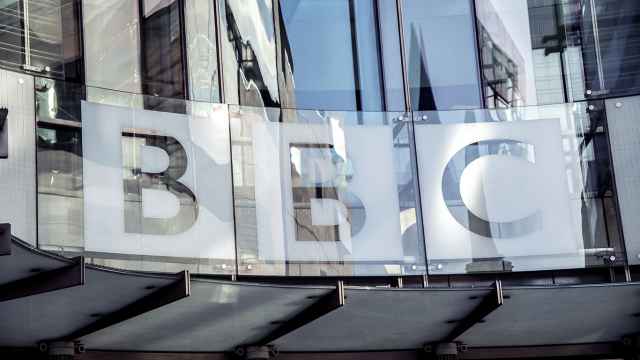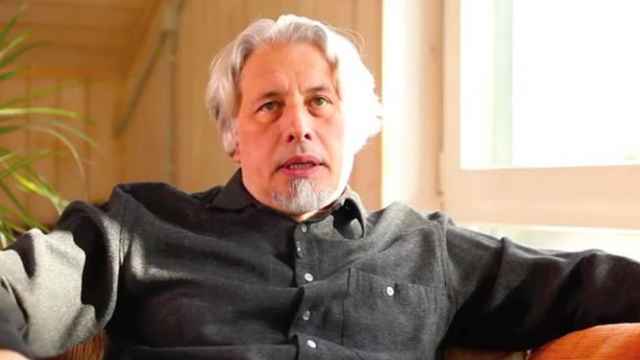The Carnegie Endowment for International Peace has warned of Russia’s increasing “international isolation” in a statement on the closure of their Moscow center by the Russian Ministry of Justice on April 8.
Writing on social media Monday, Carnegie said they “regretted” the Russian government’s decision, but pledged that their staff would continue their research.
The Russian government shuttered the think tank after claiming they had “discovered violations of the Russian legislation”, but didn’t provide further details.
The head of Moscow Carnegie Centre, Dmitry Trenin, declined to comment on the closure Tuesday, calling it a “sensitive topic.” Andrei Kolesnikov, a top Carnegie analyst, told The Moscow Times he was staying in Russia, and didn’t plan to leave anytime soon.
Meanwhile, non-resident Carnegie scholar and economist Andrei Movchan said nobody from the Moscow center had contacted him about the think tank’s demise.
Carnegie’s demise is just one of a series of closures affecting international organizations in Russia, as global tensions continue to rise following Moscow’s invasion of Ukraine.
The shift has prompted a wave of political scientists to leave Russia.
Yekaterina Schulmann, a famous Russian political scientist and a prominent public figure, announced last week that she would be living in Berlin for a year as a Robert Bosch Foundation Fellow.
The process of accepting Schulmann as a fellow was sped up due to “all sorts of extraordinary circumstances,” she said on April 12 during her weekly YouTube show, Status.
“Otherwise, the correspondence would have gone on for another year.”
Days later, on April 15, Schulmann was labeled a “foreign agent” by the Russian government, a legal term carrying connotations of Soviet-era spying.
Political scientist Alyona Vandysheva, who partnered with anti-corruption organization Transparency International and previously taught law and anti-corruption at Russia’s renowned Higher School of Economics (HSE), has also left the country.
Vandysheva said she “didn’t feel safe” in Russia and decided to relocate to Georgia.
“I was afraid that my work for Transparency would lead to some kind of repressive measures against me,” she told St. Petersburg news outlet Rotonda on March 29.
Russian journalist, sociologist and Carnegie contributor Konstantin Gaaze has also left Russia.
“I’m glad I left, I’m glad that I’m saving my mental health,” he said on an episode of Kavachai (“Coffee-tea” in Ukrainian and Russian), a podcast run by Ukrainian and Russian journalists about the war in Ukraine.
Echoing worries about safety, a renowned social scientist and a public speaker Grigory Yudin refused to comment on his plans to leave Russia saying, “only [Russia’s Federal Security Service, the] FSB asks such questions.”
A Message from The Moscow Times:
Dear readers,
We are facing unprecedented challenges. Russia's Prosecutor General's Office has designated The Moscow Times as an "undesirable" organization, criminalizing our work and putting our staff at risk of prosecution. This follows our earlier unjust labeling as a "foreign agent."
These actions are direct attempts to silence independent journalism in Russia. The authorities claim our work "discredits the decisions of the Russian leadership." We see things differently: we strive to provide accurate, unbiased reporting on Russia.
We, the journalists of The Moscow Times, refuse to be silenced. But to continue our work, we need your help.
Your support, no matter how small, makes a world of difference. If you can, please support us monthly starting from just $2. It's quick to set up, and every contribution makes a significant impact.
By supporting The Moscow Times, you're defending open, independent journalism in the face of repression. Thank you for standing with us.
Remind me later.






